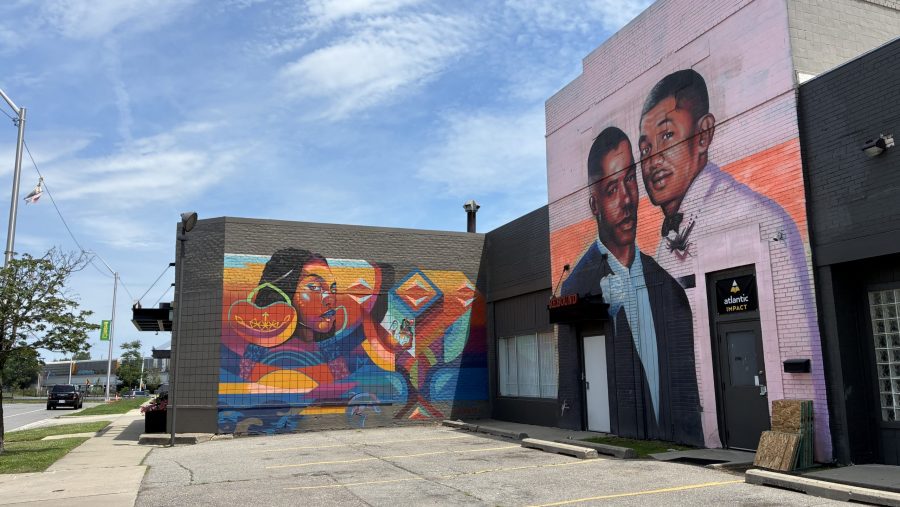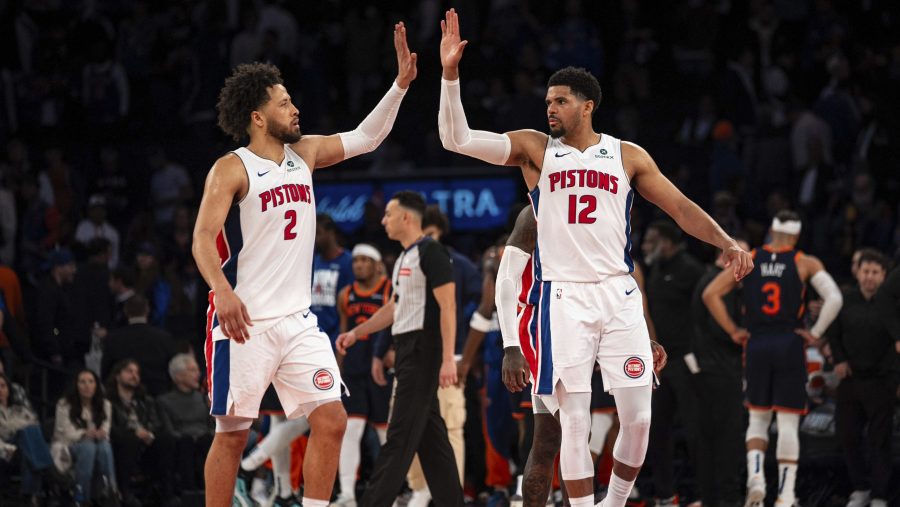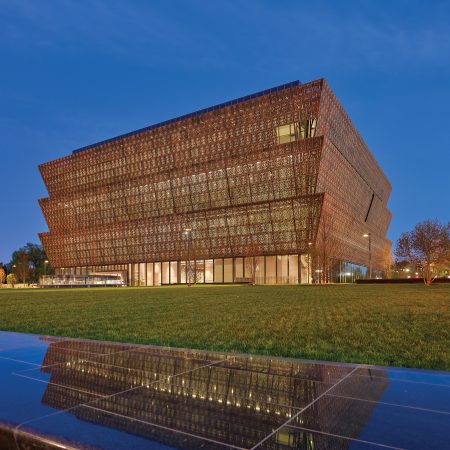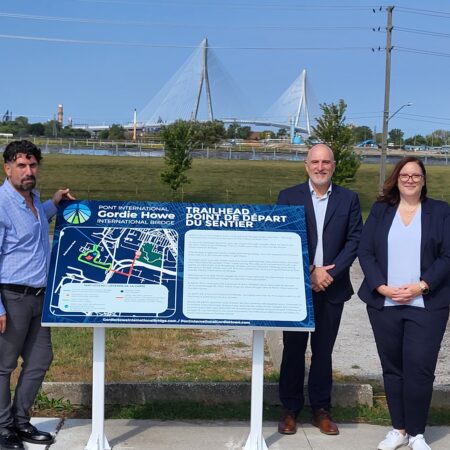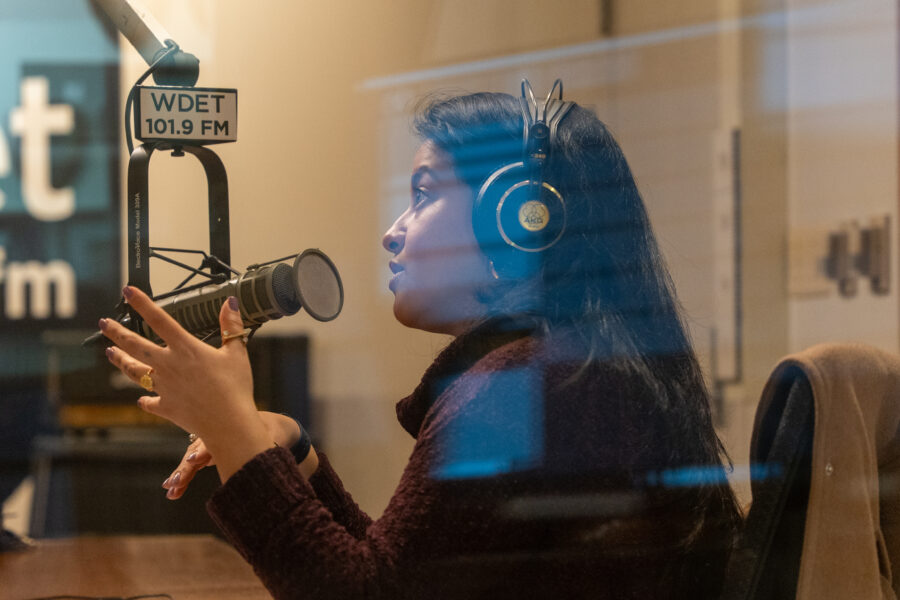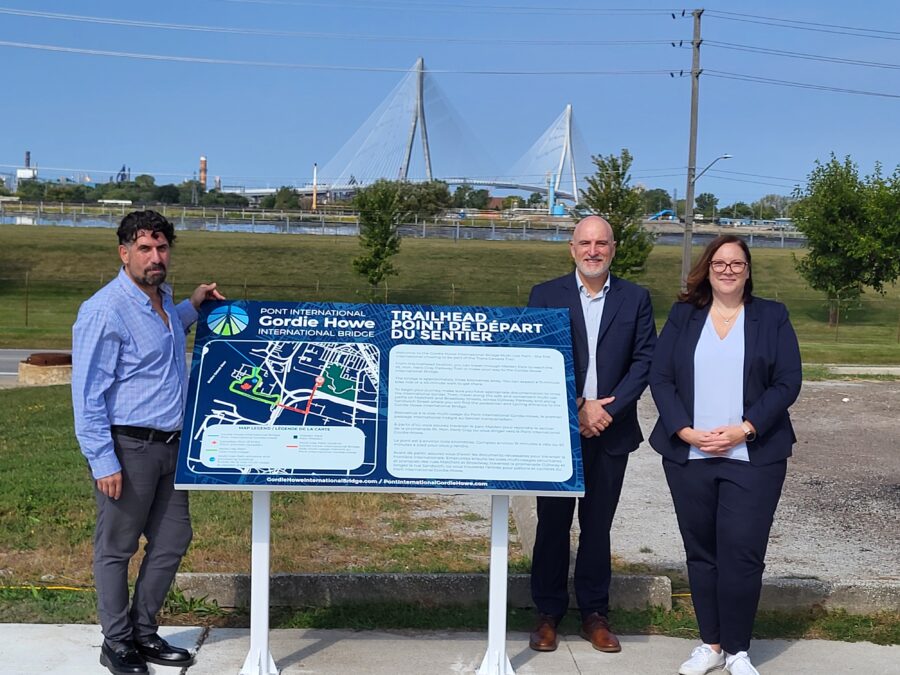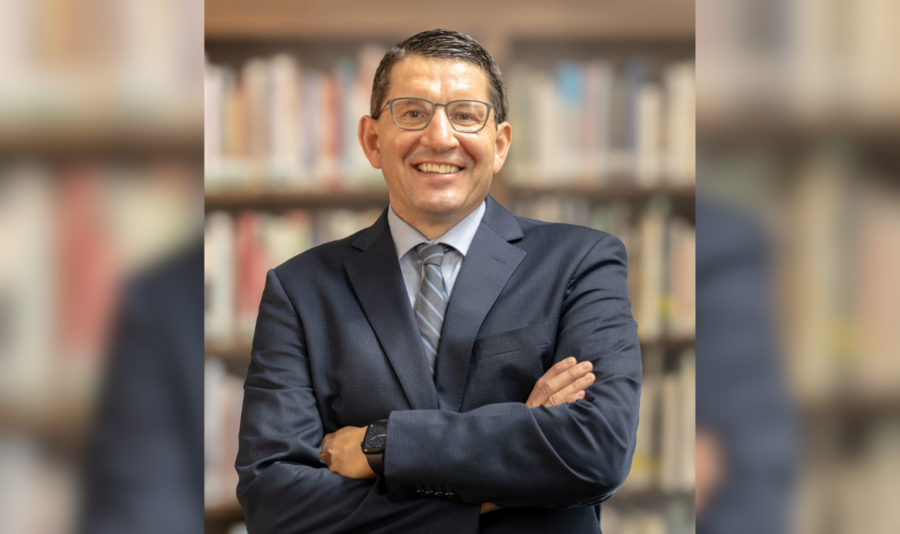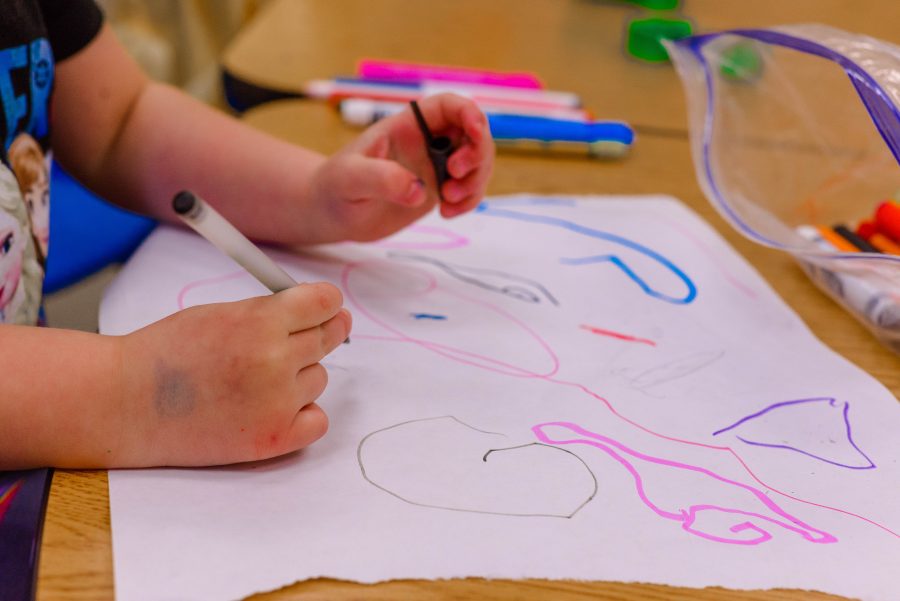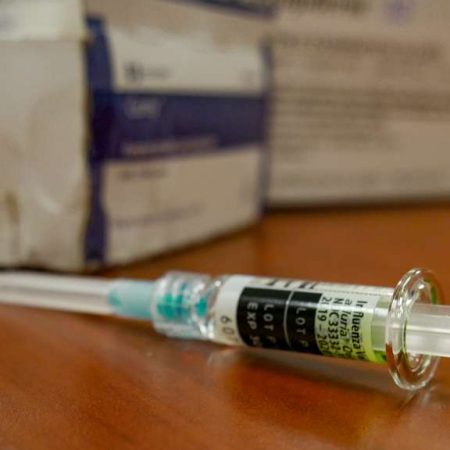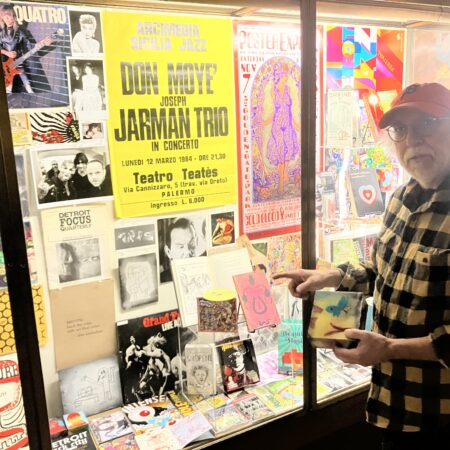The Metro: Wayne County Airport Authority does not have contracts with ICE, but flights will continue
The Wayne County Airport Authority (WCAA) does not have contracts with U.S. Immigration and Customs Enforcement (ICE), but that doesn’t mean deportation flights won’t continue out of Willow Run Airport.
Chad Newtown, CEO of the Wayne County Airport Authority told attendees at the WCAA board of director’s meeting last week that ICE operations in and out of Willow Run Airport are between airline carriers and the federal agency.
Responding to questions from the public and media about whether the WCAA has contracts with ICE, Newton said the WCAA does not have any direct agreements with ICE.
“The [Wayne County Airport Authority] does not have any involvement in the agreements between airlines and their partners, including federal agencies, as long as those agreements meet legal and safety requirements.”
In 2025, there were over 150 flights in and out of Willow Run Airport, according to reporting from the Detroit News.
Can the Wayne County Airport Authority interfere with ICE operations?
The Wayne County Airport Authority, which operates Detroit Metropolitan Wayne County Airport and Willow Run Airport, does not receive any tax support, but it does receive federal funding for capital projects.
That means it must make the airport publicly available to airline carriers without discrimination of flights they service, including federal agencies.
Who runs the Wayne County Airport Authority?
The Wayne County Airport Authority is an independent, governmental entity that has an appointed board of directors. The appointments are made by elected officials:
- Wayne County Executive (4)
- Governor (2)
- Wayne County Commission (1)

Noah Kincade, coordinator for Detroit Documenters by Outlier Media, joined The Metro to discuss the recent Wayne County Airport Authority meeting.
Shiva Shahmir is a Detroit Documenter who attended that meeting and contributed to this story.
The next Wayne County Airport Authority board of directors meeting is February 18, 2026.
Detroit Documenters by Outlier Media trains and pays citizens to attend public meetings and monitor local government and elected officials.
Listen to The Metro weekdays from 10 a.m. to noon ET on 101.9 FM and streaming on demand.
Subscribe to The Metro on Apple Podcasts, Spotify, NPR.org or wherever you get your podcasts.
Trusted, accurate, up-to-date.
WDET strives to make our journalism accessible to everyone. As a public media institution, we maintain our journalistic integrity through independent support from readers like you. If you value WDET as your source of news, music and conversation, please make a gift today.Donate today »
More stories from The Metro
The post The Metro: Wayne County Airport Authority does not have contracts with ICE, but flights will continue appeared first on WDET 101.9 FM.


